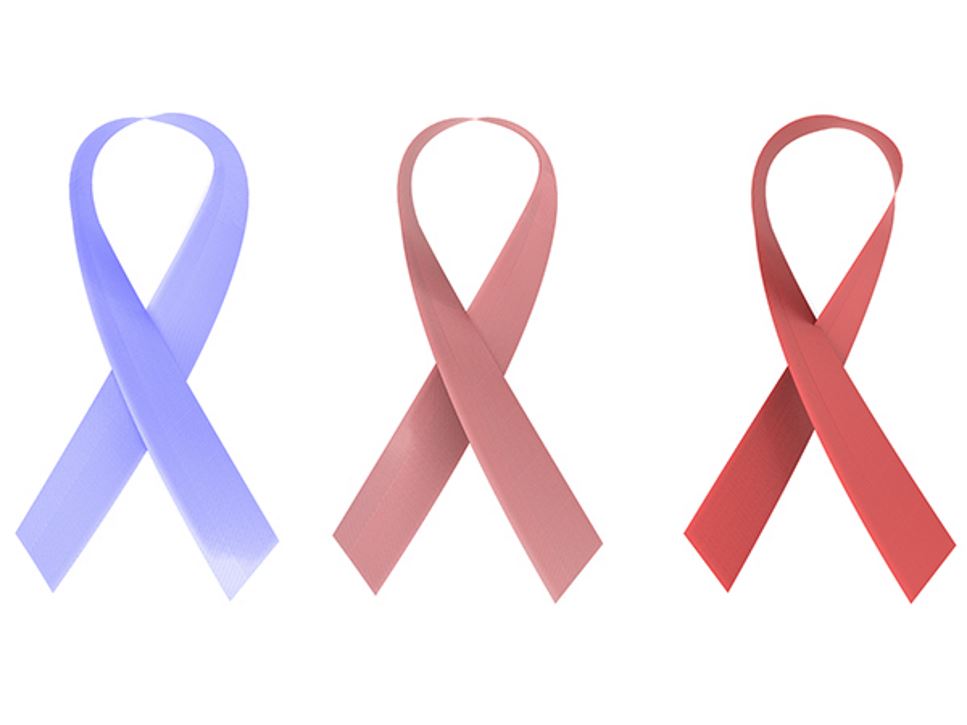April is Cancer Control Month, a time to focus on what you can do to reduce your risk of cancer.
In the United States, men have nearly a 1 in 2 lifetime risk of developing cancer; for women, the risk is closer to 1 in 3. Lifestyle changes, along with early detection, can help prevent nearly half of the most common cancers, according to the American Institute for Cancer Research.
Your diet is one of the most important factors under your control that can reduce your risk. In fact, nutrition guidelines for cancer prevention are similar to those for preventing other diseases including heart disease and diabetes. Here are some general diet guidelines to help reduce your cancer risk.
- Keep a healthy weight. Partake in regular physical activity and eat and drink nutritious foods in portions that can help maintain a healthy weight.
- Eat vegetables, fruits, whole grains and legumes. Fill half your plate with fruits and vegetables and make at least half your grains whole grains.
- Limit your meat portions. Choose a variety of protein foods, including seafood, poultry, lean meat, legumes, eggs and nuts.
- Limit alcohol. If consumed at all, limit alcoholic drinks to no more than one drink daily for women and two for men.
- Consume less salt (sodium). Read food labels to learn exactly how much sodium is in a product.
To learn more about diet and cancer prevention, as well as diet and nutrition during and after cancer treatment, consult a registered dietitian nutritionist in your area and visit our cancer section.
Find a Nutrition Expert
Looking for credible nutrition information and recommendations? The Academy of Nutrition and Dietetics' network of credentialed food and nutrition practitioners are ready to help!
